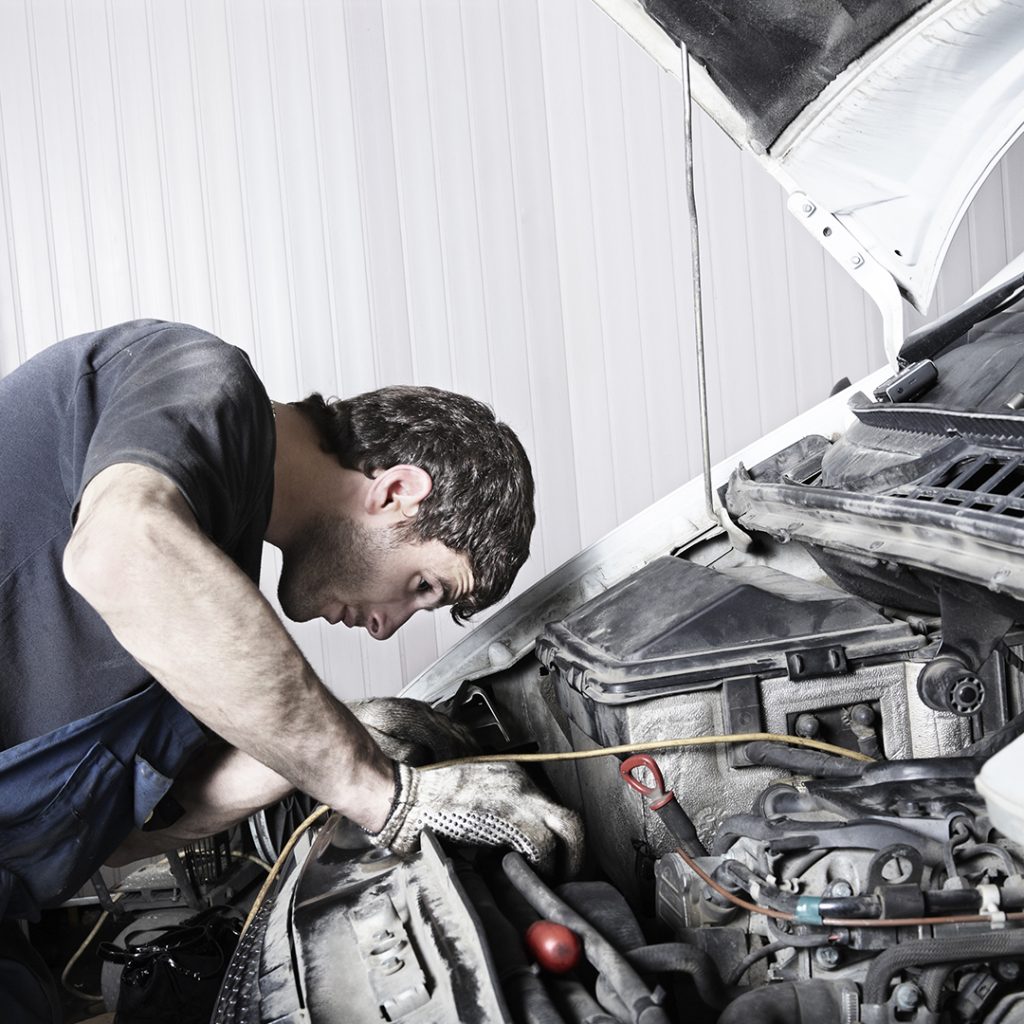How long is my car’s usable lifespan?

Laura is thinking about buying a new car. Hers is very old and needs to be replaced. She is very keen on the environmental advantages offered by electric and hybrid models. But the truth is she is much more familiar with combustion cars and has the impression that they are longer-living cars. What if she buys one second-hand? It is a cheaper option, of course, but how can she be sure that she is not buying one with too many kilometers on the clock and that, therefore, might leave her stranded shortly after purchasing it? Because Laura would like her car to be operational for many years. But which one to choose? What type of vehicle has a longer life?
Surely many people who need to buy a car are asking themselves the same questions. And the truth is that it is not easy to give an answer, because the useful life of a vehicle depends on many factors. Not only on the type of engine, but how each driver takes care of it and the maintenance that is carried out.
When is it advisable to change cars?

There are two factors that help decide if the time has come to replace our old car with a new one: the kilometers traveled and the age of the vehicle. Although now, with the new environmental restrictions in some cities, an environmental label is also important. But which factor weighs more in the decision? It is a mixture of all of them.
The kilometers traveled give an idea of the possible mechanical wear of the car. But having made many trips on the highway is not the same as the same number of kilometers in a city. Likewise, the recommendation is to change your car after 10 years, on average, but if it has been well cared for and proper maintenance has been done, that lifespan can be extended a few more years.
According to Clicars website, gasoline engines have an average life of approximately 250,000 km, if we consider an average of 20,000 km per year. Therefore, the useful life of this type of vehicle would be between 13 and 15 years on average.
For their part, diesel engines usually offer a longer useful life, reaching up to more than 400,000 km, approximately 20 years.
Regarding electric vehicles, these are easier and cheaper to maintain since they have fewer mechanical elements than combustion cars. Their durability, however, depends on the life of the battery. According to a RACE article, in general, the most sophisticated batteries can reach up to 3,000 recharge cycles, which translated into kilometers would be about 200,000. From then on, capacity is reduced to 75%, therefore reducing the vehicle’s autonomy. The rest of the elements that make up an electric car have an average lifespan and maintenance needs similar to those of combustion vehicles.

Factors that lengthen or shorten the lifespan of a car
In the case of combustion vehicles, there are several factors that influence how much their useful life will be extended.
- The type of engine.
- Vehicle maintenance.
- The driving style: the more aggressive, the greater the wear.
- Environmental and use conditions: driving mostly in the city, with continuous stops and starts, is not the same as driving on the road, where a constant speed can be maintained.
- Lastly, the quality of the components and spare parts.

When to get the car serviced
Once again, it will depend on the type of vehicle we have.
In the case of diesel and gasoline vehicles, the general recommendation is to have a complete service every 10,000 or 15,000 km, or every 6 or 12 months, whichever comes first. During this inspection, an oil change must be done, the filters must be checked and the brakes, tires, steering system, suspension and exhaust system, among other components, must be inspected.
In electric vehicles, it is generally recommended to have a service annually or every 20,000 or 30,000 km, although this varies depending on the manufacturer and model. A typical service would involve checking the battery, brake system, tires and other electrical components.